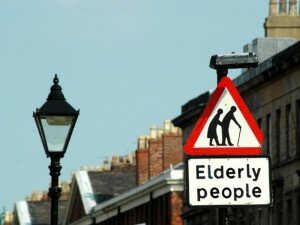-
MEDICAL JOBS

-
WE OFFER
-
Premium Medical jobs

Get on with Premium Doctors
-
Archives
-
Recent Posts
-
Viniseera anti-cancer supplement

-
Categories
-
Google Groups

become a group member
-
Top Posts & Pages
- They pay less for hungarian doctors than other workers- Medical salaries Europe
- Lose up to 7 kgs with a new german diet
- Hungarian government plans to nationalize drugs wholesale
- Top 7 Healthcare Jobs Needed To Be Filled By 2020 (Infographic)
- What shall we do with this spanish hospital?
- Men more likely to be helpful to women in high heels
- Centre for Destigmatisation and Prevention of Mental Disorders established
- Bill would make tobacco companies pay one-time healthcare contribution
- Would you join the new beauty craze which sees women dying their underarm hair?
- Greece: Man Wants to Sell His Kidney for Money
 Follow Us on Twitter
Follow Us on Twitter
 Be Our Fan on Facebook
Be Our Fan on Facebook
-
Recent Comments
- cihangir uzuncakmak on They pay less for hungarian doctors than other workers- Medical salaries Europe
- Abdulrahman Al Eyed on They pay less for hungarian doctors than other workers- Medical salaries Europe
- Medlines on About
- Sara on About
- Dr DAGAMA on Greece: Man Wants to Sell His Kidney for Money













